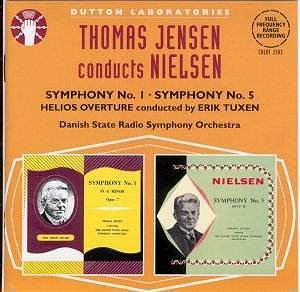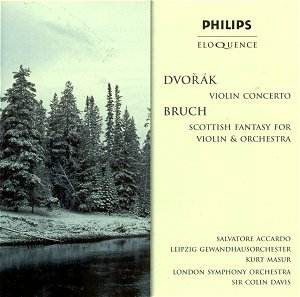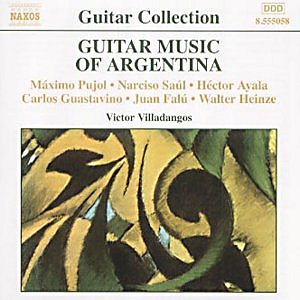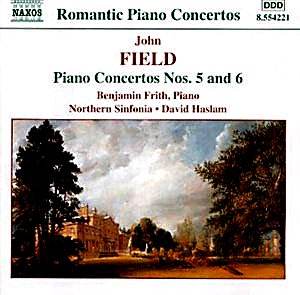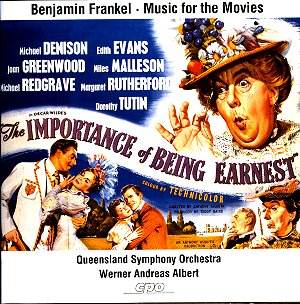 Composer: Benjamin Frankel
Composer: Benjamin Frankel
Works: The Importance of Being Earnest (1952), The Curse of the Werewolf: Pastoral (1961), The Night of the Iguana (1964), Trottie True (1949), The Years Between: Lullaby (1946), Footsteps in the Fog (1955)
Performers: Queensland Symphony Orchestra, Werner Andreas Albert (conductor)
Recording: ABC Studio 420, Brisbane, October-November 2000
Label: CPO
Benjamin Frankel, an often-overlooked figure in 20th-century film music, possesses a unique compositional voice that deftly intertwines wit and gravitas. The second volume of his film music, released by CPO, showcases a diverse array of scores that not only encapsulate his talent but also reflect the shifting landscape of cinematic scoring during his active years. This collection spans works from 1946 to 1964, marking Frankel’s evolution as a composer who deftly navigated between tonal and atonal landscapes, crafting music that is both evocative and sophisticated.
The opening work, a selection from The Importance of Being Earnest, is a testament to Frankel’s mastery of light orchestral texture and melodic playfulness. The piece, arranged from a score discovered in the BBC’s library, reveals an enchanting homage to Offenbach, particularly through its charming overture that cleverly bookends the suite. The orchestration by the Queensland Symphony Orchestra under Werner Andreas Albert is refreshingly crisp, allowing for the nuanced interplay of strings and woodwinds to shimmer with an effervescent quality. This light-hearted introduction effortlessly sets the stage for the more serious themes to follow.
In stark contrast, The Curse of the Werewolf: Pastoral stands out as a poignant tone poem, representing one of the few overtly tonal pieces in a predominantly atonal repertoire. Its lush harmonies evoke the pastoral landscapes reminiscent of Honegger’s Pastorale d’été, with a serene lyricism that belies the film’s horror context. The orchestra’s lush strings convey a sense of longing and tranquility, juxtaposed against the starkness of the film’s narrative, showcasing Frankel’s ability to transcend genre expectations.
The Night of the Iguana, perhaps the highlight of this collection, reveals Frankel at his most sophisticated. The score, marked by its stark introspection and tense motifs, is a superb reflection of Tennessee Williams’ complex characters. The orchestration is sparse yet effective; the delicate balance between tension and release is handled with exceptional skill. The inclusion of the whimsical Mexican Washer Women provides a welcome respite, illustrating Frankel’s versatility and comic touch. This score stands as one of his most accomplished achievements in film music, and the Queensland Symphony’s performance captures its emotional depth while maintaining clarity in the intricate orchestral lines.
The more light-hearted moments in Trottie True resonate with the same joviality found in The Importance of Being Earnest. Here, the infectious melodies, particularly the lively Gaiety Galop, evoke a sense of joy and whimsy, showcasing Frankel’s ability to craft hummable tunes that linger long after the music has ceased. Conversely, Footsteps in the Fog presents a darker palette, yet even within its tension, Frankel weaves themes of beauty and intrigue. The Drive in the Countryside segment stands out as a charming interlude, demonstrating Frankel’s knack for contrasting moods within a single score.
The engineering and sound quality of this recording are exemplary. The clarity of individual lines, combined with a warm acoustic ambiance, allows listeners to appreciate the intricate textures of Frankel’s orchestration fully. Each instrument is afforded its moment in the spotlight without overpowering the overall ensemble sound, a testament to the skillful direction of Albert and the proficiency of the Queensland Symphony Orchestra.
CPO’s continued commitment to Frankel’s oeuvre, following their successful release of his score for The Battle of the Bulge, is commendable. This collection not only enriches the discography of an underappreciated composer but also serves as an essential listening experience for both film music aficionados and classical enthusiasts alike. The diverse selections presented here reveal the multifaceted nature of Frankel’s artistry, demonstrating his capacity to traverse the emotional spectrum with both humor and gravitas. The careful curation and thoughtful interpretations of these works make this album a significant contribution to the understanding and appreciation of Frankel’s film music legacy.
